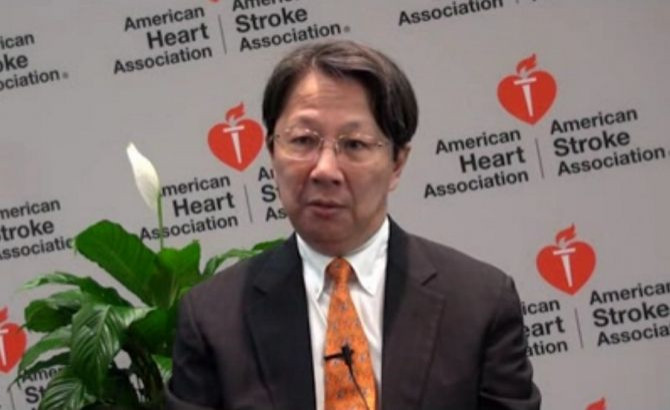Warfarin, Aspirin Similar in Preventing Deaths, Strokes

Warfarin and Aspirin were similar in preventing the deaths and strokes in heart failure patients with normal heart rhythm, according to a new study.
“Although there was a warfarin benefit for patients treated for four or more years, overall, warfarin and aspirin were similar,” said Shunichi Homma, M.D., lead author of the study and the Margaret Milliken Hatch Professor of Medicine at Columbia University in New York.
The research was presented on Friday at the American Stroke Association’s International Stroke Conference 2012 in Chicago.
The trial followed 2,305 patients with heart failure and normal heart rhythm for up to six years, and an average of 3.5 years. The average patient age was 61. The power of the heart’s left vengricle was less than 35 percent, with the normal being 55 percent or higher, according to the study.
Thirteen percent of patients experienced a stroke or transient ischemic attack and were at a heightened risk of recurrence.
Each patient received 325 milligrams per day of either aspirin or warfarin. Neither doctors nor patients knew which substance they were taking.
Ischemic stroke, which is caused b y blockage of an artery feeding the brain, or intracerebral hemorrhage, which is bleeding inside the brain, occurred at a rate of 7.47 percent for patients taking warfarin and 7.93 percent for patients taking aspirin. The difference was not statistically significant, researchers said.
However after three years, patients on warfarin did better.
“[I]n the group of patients followed for more than three years, those on warfarin did better in comparison to the aspirin patients, Homma said.
Over the entire study period, patients on warfarin were just over half as likely to develop a stroke as those taking aspirin.
The rates of stroke were 0.72 percent in patients assigned to warfarin and 1.36 percent for those on aspirin.
Major bleeds from other than intracerebral hemorrhage occurred in 1.8 percent of patients on warfarin and 0.9 percen of those on aspirin, a statistically significant difference, researchers said.
Major bleeds from intracerebral hemorrhage took place 0.12 percent per year in the wafarin group and 0.05 percent per year in the aspirin group.
“Given that there is no overall difference between the two treatments and that possible benefit of warfarin does not start until after 4 years of treatment, there is no compelling reason to use warfarin, especially considering the bleeding risk”, Homma said.
Published by Medicaldaily.com



























